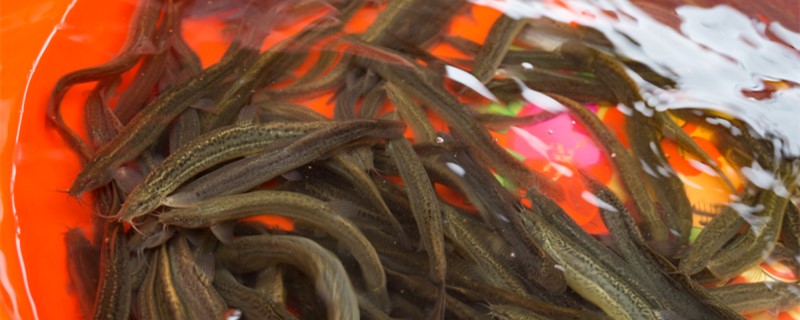
? Loach is one of the common freshwater fish in our country, whether wild or cultured loach is more. When they are bred artificially, breeders sometimes breed them in large areas, at which time they have to use special ponds, and some breeders breed them at home, at which time they can be placed in fish tanks. Although loach is not a special ornamental fish, their ornamental is not as good as other more colorful fish, but there are still some people to breed it at home, you can put some more colorful stones and other substances in the fish tank, for viewing is also possible.
1, fish tank: the above has been introduced, loach can be raised at home, at this time need to use one of the containers of the fish tank. Generally speaking, the size of the loach is not particularly large, but if the number of loaches is relatively large, it is recommended to choose a larger tank, otherwise the space will be insufficient. In addition, the loach also has a certain jumping ability, so you can add a lid on the fish tank. Wild loach likes to live in places with a lot of mud. It is not suitable to put too much mud in the fish tank, so some bottom sand can be placed.
2. Feeding: The loach must be provided with food regularly during the breeding process. Loach is not picky eaters, many foods can be given to them to eat, animal feed has fish and animal viscera, etc., in addition, they can also eat special pellet feed, or bean cake, bean dregs, etc., loach prefer to eat. The feeding frequency can be controlled at twice a day.
3. Water temperature: When the water temperature is suitable, the loach grows better, so try to keep it in the suitable range, that is, between 22 and 28 degrees.
4. Change the water: The loach's requirements for water quality are not particularly high, but the water should not be too muddy. Generally speaking, it should be changed once a month or two months. It is not feasible to use tap water directly, and it can only be used after the chlorine in it has been dispersed.
5. Illumination: The fish tank can be placed in a place with appropriate light, but direct light should be avoided as far as possible.